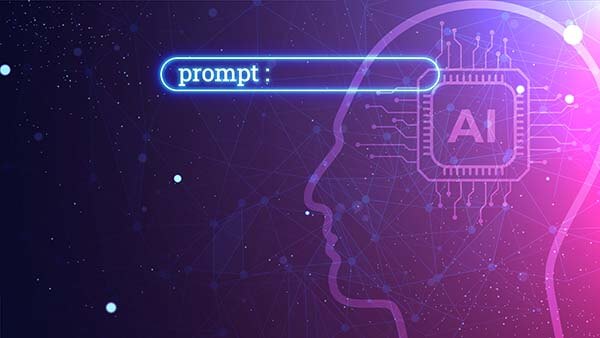How Will We Adapt to AI in Our Lives, Business, and Society?
One of the first things that comes to mind when I hear the phrase “Artificial Intelligence” are movies like I, Robot and Chappie. Films like these have given the idea that AI can, and usually will, go horribly wrong. Not all AI is going to turn on us and try to enslave the human race. Most of us use AI on a daily basis and don’t even realize it.
Our CEO, Curt Finch, had the honor of sharing his AI expertise at Tech Fest 4.0 last week, here in our hometown of Austin, TX. In addition to Curt the panel consisted of various AI professionals in different industries.
- Nik Franklin is a strategic account manager at Facebook and shared her knowledge of how they us AI with their marketing and advertising.
- Dave Rathmann, VP and founder of Umuse, shared how his company is helping to regain control over your inbox again using AI.
- Alex Robbins, a software engineer at Factual, who explained how they are using AI to help sort big data.
With such a broad range of industries, we could gain insight into how AI can be used across the board. At Journyx, for instance, we’re using AI to teach timesheets to gather information from the users’ Exchange calendar to help make the time record process easier. At Factual, Alex uses AI to help deduplicate what they collect from big data. Dave is using AI to help you reclaim your inbox by sorting and extracting relevant information from emails. At Facebook, Nik utilizes AI to aim better ads to the correct target market based on their behaviors while online.
The Limitation of AI
There are always limitations to what a machine can do. Throughout the panel, the experts discussed how AI can think faster than a human, but it can also make mistakes faster than a human. Alex used the perfect example of what can happen when trying to automate a simple task: The Fantasia Brooms.
Not only can there be operating errors with AI, but there can be ethical issues as well. Computers do not have the capability of feelings, judgement, or emotions, and sometimes this can cause problems. We do not have the technology or power to reproduce the human brain just yet, so for now we will have to find a balance between user and computer.
Where do we draw the line that decides whether to use a human or AI? A large factor that helps determine this is cost. AI now is very expensive to create and implement. Some companies will draw the line when they aren’t able to receive a higher ROI or the customer won’t be willing to pay for the product. Customers also like to know the “why” behind choices, but with AI we can’t explain some of the complex algorithms behind that yet. The powerful algorithms give us what we want except the “why”, so simpler algorithms that can be explained are used.
Naturally most people want to know “How will this affect my job?”. When looking into the future of AI, we can see nothing but opportunities. There will be an initial trade off between excitement and fear as these new technologies are developed. Once we adapt and accept them into our everyday routines, it will help improve processes dramatically. As an example, Curt talked about the fact that when cars phased out horse-drawn carriages, numerous jobs were created. The horses didn’t do too well because they were unable to adapt.
Artificial intelligence isn’t all robots and self driving cars. Most of us use some form of it every day without realizing it. We just have to learn and adapt to it for it to improve our everyday tasks and processes. It might not be the perfect solution, but the biggest opportunity is to find the right relationship between yourself and the technology.
Let’s Get Started. Book a Demo Today.
Journyx helps you track time for projects, payroll, and more. Learn how Journyx can help you use time to your advantage in your business.



